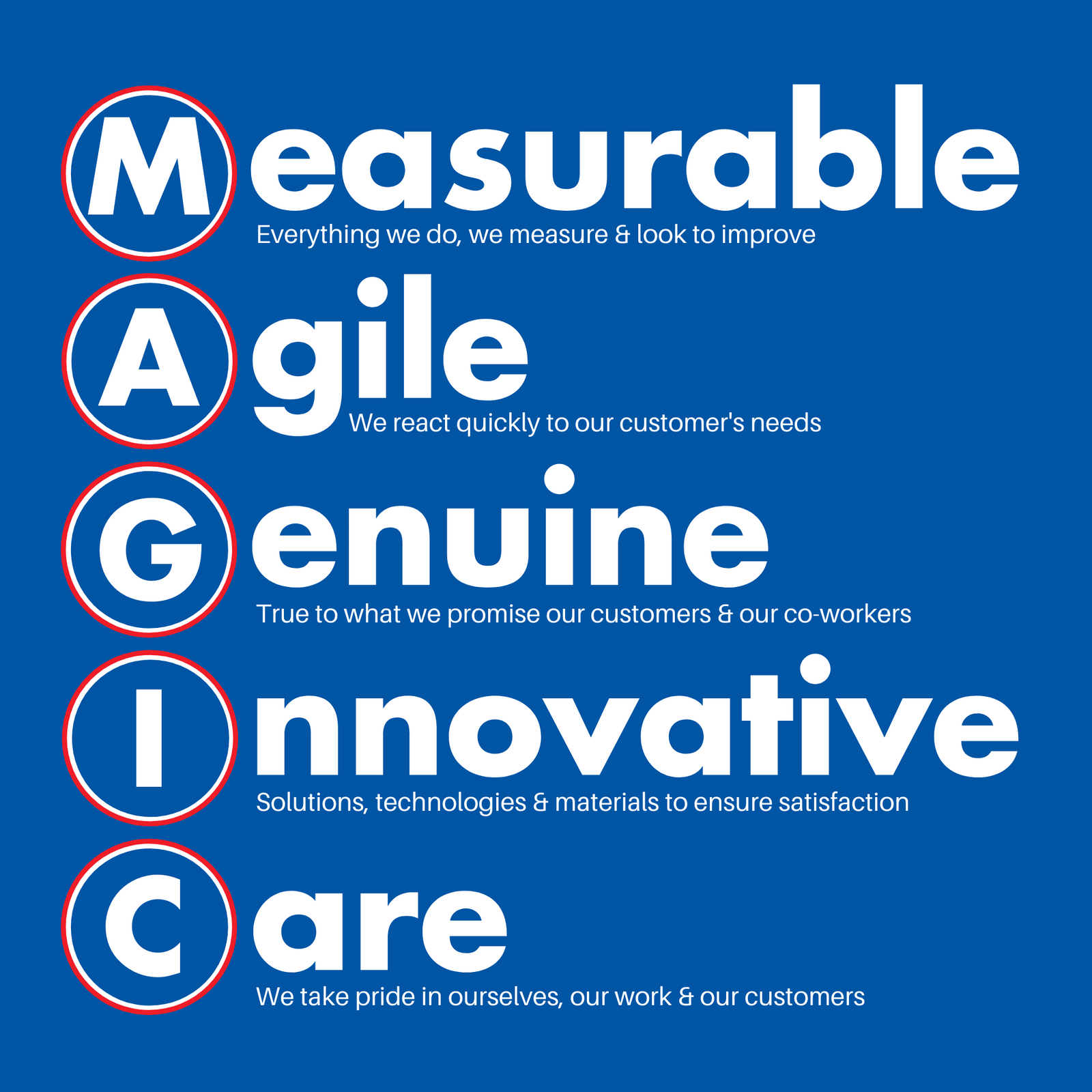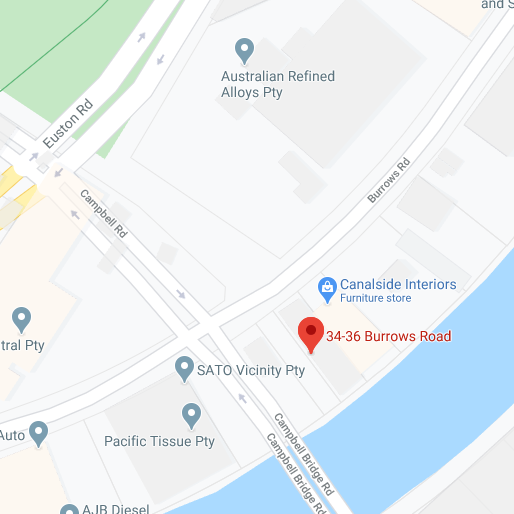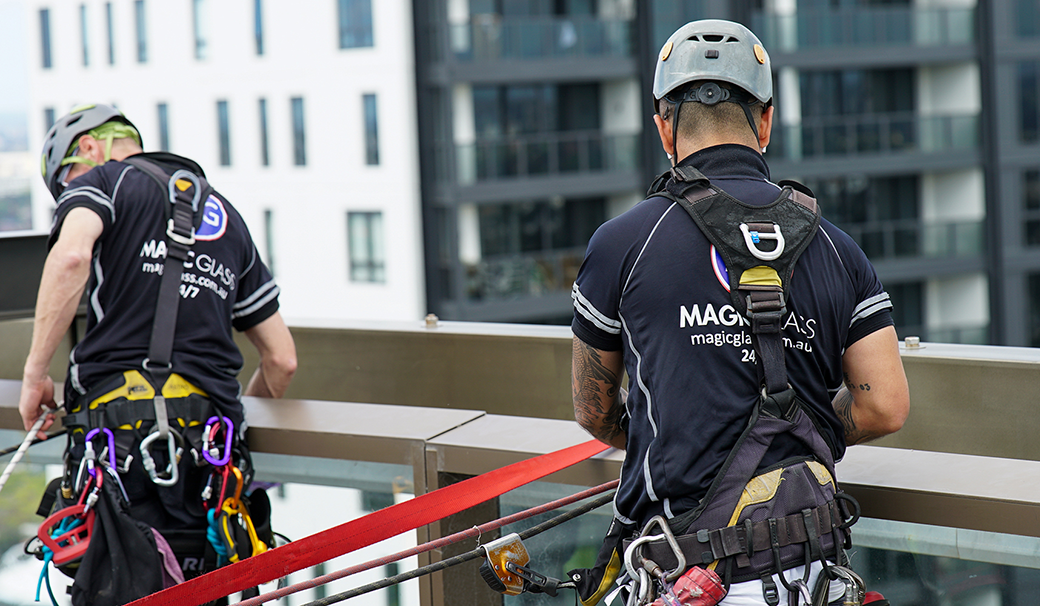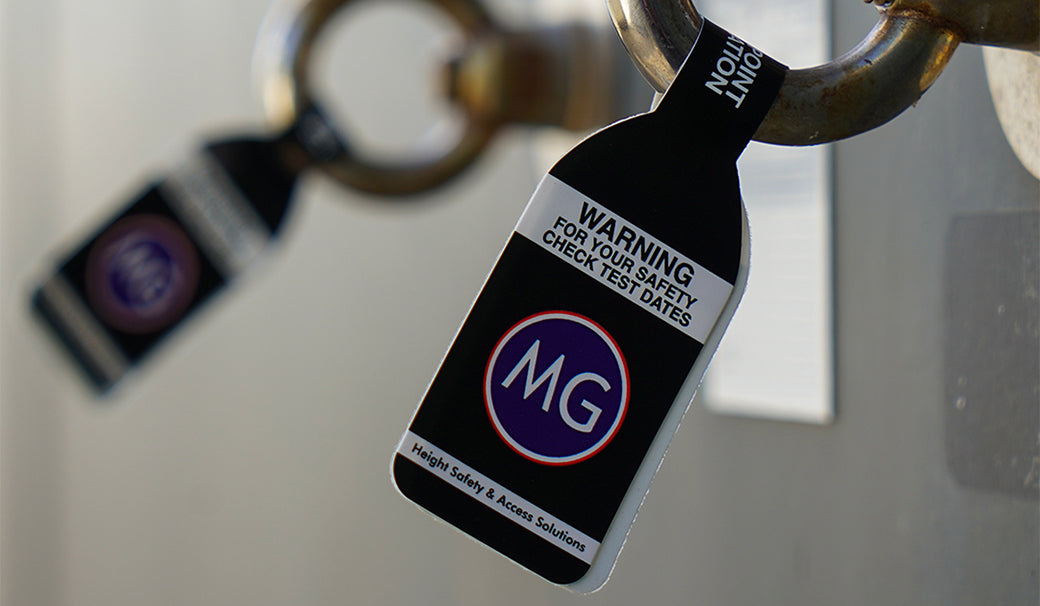 Increasing the energy efficiency of your home can have substantial short-term and long-term benefits. Not only is it an effective way of reducing your carbon footprint, but it is also a worthwhile investment as it reduces your energy bills, decreases costs associated with weather damage and improves the value and marketability of your home.
Increasing the energy efficiency of your home can have substantial short-term and long-term benefits. Not only is it an effective way of reducing your carbon footprint, but it is also a worthwhile investment as it reduces your energy bills, decreases costs associated with weather damage and improves the value and marketability of your home.An effective way of improving your home’s efficiency is through natural temperature control. If you have more natural control over the temperature of your home, you won’t need to spend as much money and energy on things like heating and air-conditioning.
Approximately 40% of heat can be lost and 87% gained through windows alone. Therefore, reducing this heat transfer through glass installations in your building is a good place to start - and Magic Glass is here to help.
The first thing to consider is glazing. Double and triple glazed windows are far more energy efficient than single glazed windows as they contain two or three sheets of glass that are hermetically spaced apart and tightly sealed. This drastically improves insulation, allowing less heat to get in during summer and less heat to escape during winter.
Low-emissivity (low-e) coatings can also aid in reducing heat transfer through windows. These coatings allow light to pass through the windows but prevent UV waves from entering, which is the component of sunlight that generates heat. Low-e coatings are hugely effective and can reduce energy loss by up to 50%.
Another manufacturing technique is filling glass panels with gas to increase insulation and prevent condensation (reducing weather damage to your doors and windows). Argon, krypton or xenon gas can be filled into the spaces between the glass and the panes and sealed in place. These gases are non-toxic, odourless, clear and have outstanding thermal performance.
Window and door frames should also be considered when assessing energy efficiency. Although aluminium is highly durable, strong and lightweight, it is a very good heat conductor, so having aluminium frames will actually maximise heat transfer between the inside and outside of your home.
If you don’t want to install new windows but still want to improve your home’s efficiency, there are a number of alternative heat-control methods you can implement:
Window Films: These polymer films contain a reflective metal layer or an absorbent dye allowing them to either divert the UV light or absorb it. Window films are adhesive, so they can easily be applied to pre-existing windows.
Blinds: Installing blinds will help reflect heat back out the window. An important consideration to make when choosing blinds is colour as lighter colours are more reflective (aim for white or off-white).
Sealing: Maintaining gap-free window and door sealing is another way you can reduce heat transfer through pre-existing windows. Sealing can often be damaged by weather and corrosion, so it’s important to regularly seal gaps to prevent air travel between the inside and outside of the building.
Increasing the energy efficiency of your home does not have to be a strenuous task. There are many quick and easy alterations you can make yourself. If you do want to replace your glass windows or doors, however, we highly recommend you contact us.
With in-house furnace facilities, we can custom-make and install energy efficient glass specific to your measurements and requirements. Call us on 18 000 GLASS (1800 045 277) or contact us via this website for a free quote and start enjoying a more energy efficient home today!








